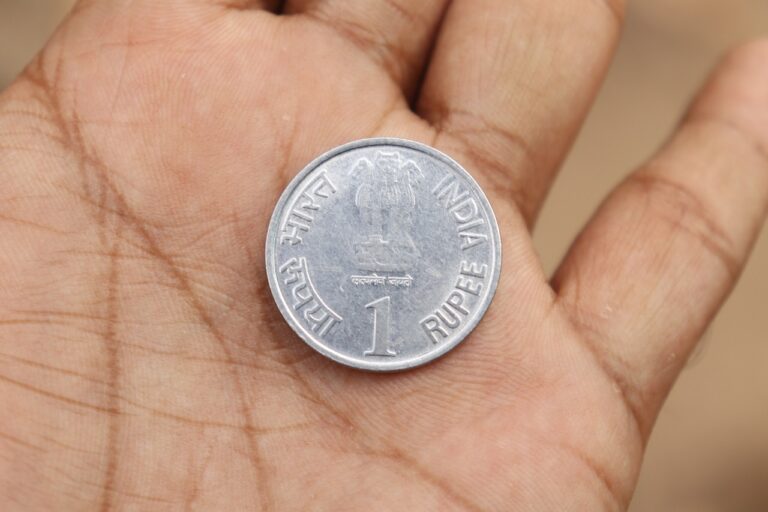The Future of Online Voting Systems
diamond exchange 9, sky99exch, reddybook: When it comes to elections, voter turnout is a crucial factor that can determine the outcome of a race. There are numerous factors that influence whether or not people will make it to the polls, and one of the most interesting is the weather.
Weather can have a significant impact on voter turnout. On a rainy or stormy day, people may be less inclined to leave their homes and brave the elements to vote. Similarly, extreme heat or cold can deter people from heading to the polls. In contrast, pleasant weather can make voting seem like a more appealing prospect.
Studies have shown that weather does indeed play a role in voter turnout. One study conducted by researchers at Yale University found that when the weather was particularly inclement, voter turnout decreased by as much as 1%. While this may not seem like a significant drop, in a close race, it could potentially make all the difference.
So how exactly does weather affect voter turnout? Let’s take a closer look.
Temperature
Temperature is one of the most significant factors when it comes to weather and voter turnout. Extreme heat or cold can make it uncomfortable for people to wait in line at polling stations, leading them to stay home instead. In a study published in the journal Weather, Climate, and Society, researchers found that for every 1-degree Fahrenheit increase in temperature, voter turnout increased by about 0.14%. Conversely, for every 1-degree Fahrenheit decrease in temperature, voter turnout decreased by the same amount.
Rain
Rain is another weather condition that can impact voter turnout. On rainy days, people may be less likely to venture outside to vote. A study conducted by political scientists at the University of California, Berkeley found that for every inch of rain that fell on election day, voter turnout decreased by about 1%. Similarly, another study published in the American Journal of Political Science found that for every 1% increase in the chance of rain, voter turnout decreased by 0.19%.
Snow
Snow can also have a significant impact on voter turnout. In areas where snowfall is rare, even a small amount of snow can cause a disruption in transportation and make it difficult for people to get to polling places. A study published in the journal Political Science Research and Methods found that on days with snowfall, voter turnout decreased by about 0.5%.
Sunny Weather
On the flip side, sunny weather can have a positive impact on voter turnout. People are more likely to feel motivated and energized on a beautiful, sunny day, making them more inclined to head to the polls. A study published in the Journal of Politics found that voter turnout increased by about 0.6% on days with clear skies compared to cloudy days.
Overall, weather can have a significant impact on voter turnout. While it may not be the determining factor in an election, it is certainly something that should be taken into consideration by campaigns and election officials.
FAQs
Q: Can bad weather actually benefit a certain candidate?
A: It is possible that bad weather could benefit a certain candidate if their supporters are more motivated or determined to vote despite the conditions. However, in most cases, bad weather tends to suppress overall voter turnout.
Q: Are there any ways to mitigate the impact of weather on voter turnout?
A: Some ideas to mitigate the impact of weather on voter turnout include offering early voting options, implementing more flexible voting hours, and providing transportation to polling places for those who may have difficulty getting there on their own.
Q: How does weather impact voter turnout in different regions of the country?
A: Weather can have varying impacts on voter turnout depending on the region. For example, areas with milder climates may not see as much of a decrease in voter turnout on rainy days compared to regions that are not accustomed to wet weather.
In conclusion, weather does indeed play a role in voter turnout. While it may not be the deciding factor in an election, it is something that should be taken into consideration by all involved. By understanding how weather affects voter behavior, campaigns and election officials can better prepare for all possible scenarios.







